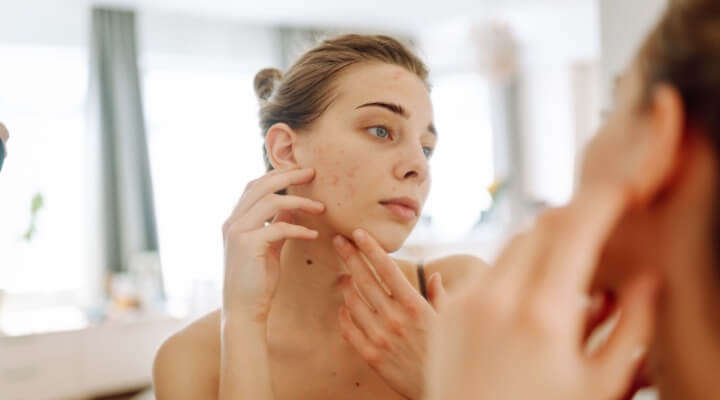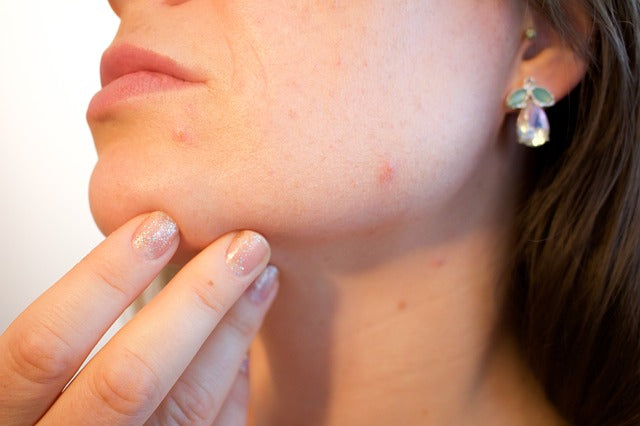Antiviral Medications for Folliculitis: How Beauticians Can Benefit
Understanding Antiviral Medications for Folliculitis
For beauticians who are passionate about ensuring their clients' skin remains flawless, familiarizing themselves with antiviral medications for folliculitis is essential. Folliculitis, which is an inflammation of hair follicles, can often arise due to bacterial infections, but viral factors can also contribute to its onset. This article explores how antiviral treatments can significantly benefit clients dealing with this condition.

What is Folliculitis?
Folliculitis is characterized by small, red bumps or white-headed pimples that appear around hair follicles. While it's commonly associated with bacterial issues, viruses such as herpes simplex can also trigger viral folliculitis, making antiviral treatment necessary for effective care. Beauticians must understand the underlying causes to provide personalized skincare advice to their clients.
The Role of Antiviral Medications
Antiviral medications are designed to combat viruses, which can be a common complication when dealing with folliculitis resulting from viral infections. Antiviral therapies, like Acyclovir or Valacyclovir, play a vital role in managing these flare-ups and aiding recovery. By advising clients on the potential need for these medications, beauticians demonstrate their commitment to comprehensive skincare and align themselves with dermatological best practices.
How Beauticians Can Support Treatment
Incorporating your services alongside medical advice can profoundly enhance a client's skincare journey. Beauticians can offer informed skincare routines that complement antiviral treatments. By assessing the client's condition, beauticians can design care regimens that soothe the skin and reduce the risk of further irritation.
Symptoms Relieved by Antiviral Medications
Antiviral medications can notably ease the symptoms of viral folliculitis, such as itching, burning, and swelling. By educating themselves about these medications, beauticians can recommend soothing treatments that promote healing without causing additional irritation. This holistic approach not only benefits clients but also enhances trust in your professional abilities.
Using Antivirals Correctly
Appropriately applying topical antivirals, when suitable, is part of an effective regimen against folliculitis. Beauticians who collaborate with dermatologists ensure their clients receive thorough care. Additionally, keeping abreast of information through sources like medical articles enhances credibility and fosters professional growth.

Importance of Client Education
Informing clients about their conditions and the benefits of antiviral medications can lead to better adherence to treatment plans. Utilizing your platform as a beautician, you can spread valuable insights that empower your clients. Encouraging them to maintain regular consultations with healthcare providers is key for long-term management and aligns with best practices in skincare.
The Impact on Skin Health
Achieving clear, healthy skin reinforces the results-driven philosophy of your practice. By advocating for integrated care, you support a collaborative approach to dermatology, significantly improving overall client satisfaction. Clients with healthier skin serve as living testimonials to your expertise.
FAQ
What are antiviral medications for folliculitis?
Antiviral medications specifically target the viral causes of folliculitis. They are effective in reducing viral activity and are particularly helpful in managing the symptoms associated with viral folliculitis.
Can beauticians prescribe antiviral medications?
Beauticians are not authorized to prescribe medications but can collaborate with clients to enhance skincare routines aligned with dermatological prescriptions for optimal outcomes.
How do I know if my folliculitis is viral?
A thorough evaluation by a healthcare provider is necessary to identify the cause of folliculitis. If a viral infection is suspected, they may recommend antivirals and suggest consulting with a beautician for supportive skincare strategies.

